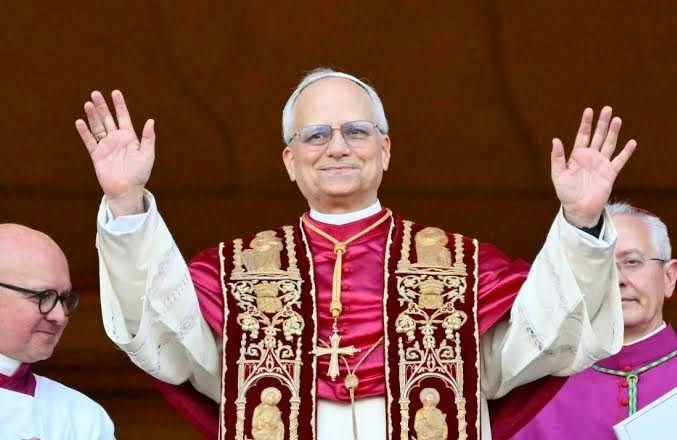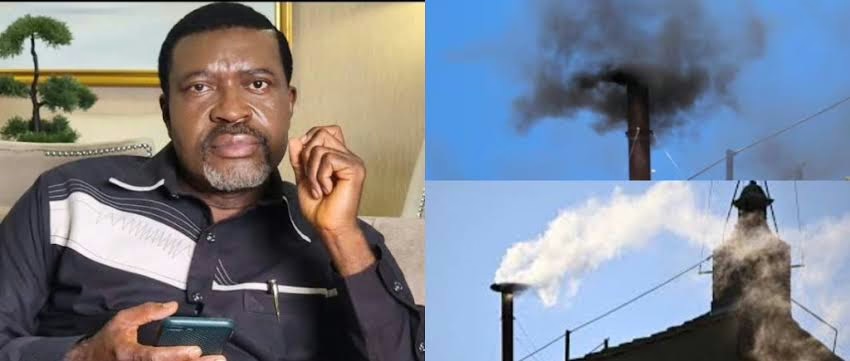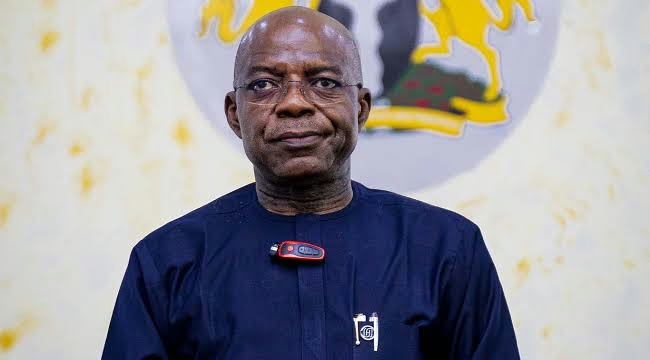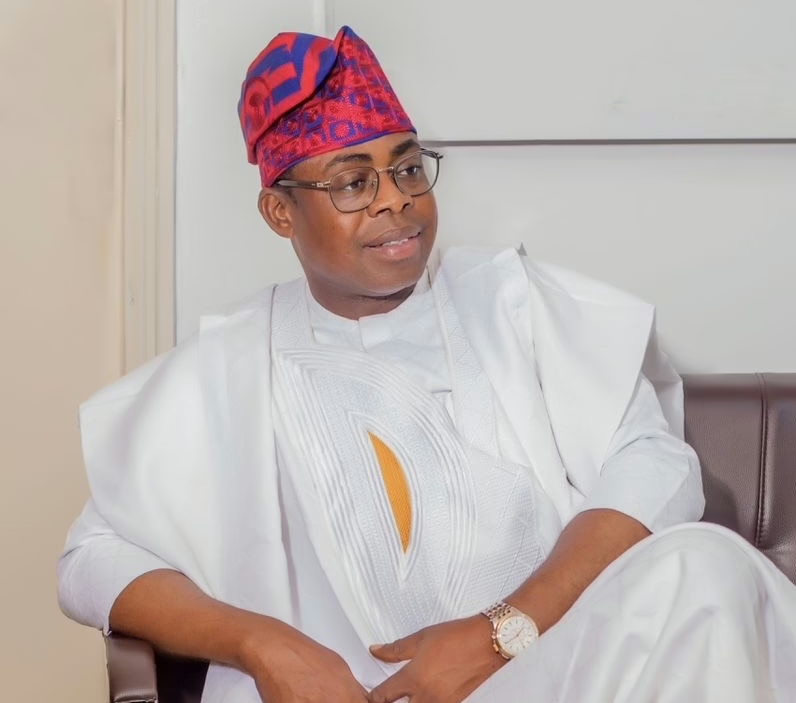By Miracle Ogunde
The recently conducted governorship election in Ondo State clearly highlighted the impact of hunger on the lives of ordinary Nigerians. It was largely characterised by vote-buying, and the influence of money cannot be ignored.
No wonder the ruling class cares little for the ordinary man because they know that money, especially in Nigeria can accomplish almost anything, including buying votes.
Nigerians clamour for change, but how can this change materialise when those who are supposed to fight for what is right are easily bought off with a ‘peanut’?
Almost every polling unit in Ondo State reported cases of vote-buying, following a ‘willing seller, willing buyer’ model. Sellers offered money, and buyers wasted no time in trading their rights for visible cash. Their votes were sold for sums ranging from ₦10,000 to ₦25,000.
Many accepted the money joyfully, seeing it as an opportunity to prepare a pot of soup that would last them for the day. Despite warnings against selling their franchise to any political party through various jingles on radio and social media, many dismissed these messages, believing that whether or not they sold their votes, those in power would still find their way back into office.
A report on the governorship election, facilitated and presented by the International Press Centre (IPC) and the Centre for Media and Society (CEMESO), provided an overview of media-driven observations during the poll.
The report “encapsulates the multifaceted experiences of media professionals who served as journalist-observers for IPC and CEMESO in documenting key aspects and moments pre-voting, during voting, and post-voting using pre-developed election observation questionnaires.”
The findings from the analysis of the field reports by the journalist-observers of the Ondo State governorship Media Election Watch Hub captured “the high points and the low points, thus underlining the issues that were commendable on the one hand, and those that were condemnable, on the other hand.”
The report highlighted that “at the level of the election management body; INEC, there was a noticeable improvement in the transparency and organisation of the process, especially in information gathering and dissemination, the deployment of sensitive and non-sensitive materials, and the responsiveness of INEC staff in the discharge of their duties, notwithstanding some hitches in the use of technology, associated with delays or failure in capturing data in some instances.”
“There was also a general sense of peaceful conduct by the electorate who went out to cast their votes, even though the turnout was low, being 508,963 out of the 1,757,205 that collected.”
According to the report, “instances of violence were relatively low, though some cases were reported. Likewise, intimidation by political party agents was reported in some areas where voters were discouraged or influenced through coercive tactics.”
Concerning vote-buying activity, the report indicated that “majority of the journalist-observers said vote-buying was evident in many LGAs, highlighting some notable incidents.”
Although the presence of security personnel was observed at all polling units, it did not deter vote-buying by political parties.
In a particular town (name withheld), where I monitored the election, I overheard a young lady, likely in her early twenties, sharing her experience with someone. She explained that she collected ₦10,000 from a party agent after voting, and her parents did the same. She further narrated that she used part of the money to buy a fish pie and a chilled soft drink, which she consumed before taking a nap. She expressed satisfaction, saying she truly enjoyed her day.
From her account, it was evident that hunger had compelled her to accept the money to feed herself for the day. This is just one of the numerous cases recorded during the election.
Many people, driven to despair by the current economic situation in the country, had no choice but to sell their votes to secure even a single day’s meal.
This situation gives the ruling class a reason to perpetuate their control by deepening the hunger in the land, thereby enslaving the masses and ensuring their grip on power.
Expressing disappointment, a party chieftain decried the alarming level of hunger in Nigeria, expressing fears that the situation could worsen given how vote-buying played out during the election.
Do we expect good governance from those to whom we have sold our civic rights? Can we expect them to meet our expectations when we have shown an unwillingness to hold them accountable by selling our conscience? How can we demand accountability from leaders when our focus remains solely on what they can offer on election day?
The Ondo governorship election suggests that many Nigerians are not ready for a change, leaving the old narrative to persist. It is clear that the highest bidder won.











Leave a Reply